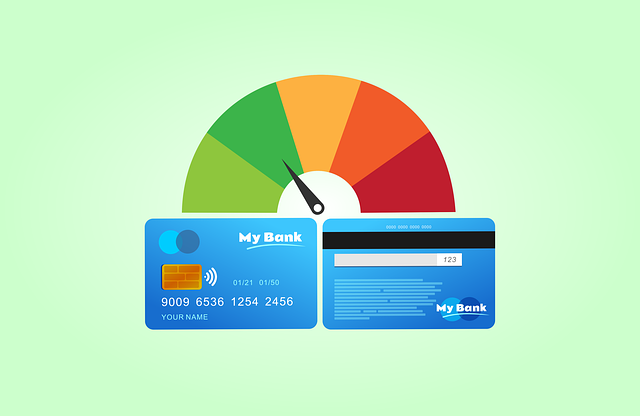A title loan without insurance is a secured lending option in Houston and San Antonio where your vehicle's title serves as collateral for quick cash during emergencies, with minimal requirements beyond proof of ownership. This appeals to those seeking flexible payments tailored to their budget, but lacks traditional loan insurance, exposing borrowers to repossession and higher interest rates upon default. Weighing advantages and drawbacks is essential; alternative collateral like real estate or secured loans can be used, and a robust credit history improves approval chances. Lenders evaluate employment status, income, and outstanding debt during the process.
Considering a title loan but worried about insurance requirements? You’re not alone. Many borrowers seek alternatives to traditional loans’ stringent policies. This guide explores what it means to take out a title loan without insurance, delving into its unique aspects, potential benefits, and inherent risks. By the end, you’ll be equipped with knowledge to make an informed decision regarding your financial needs. Learn how to navigate this option wisely and understand the steps to secure funding despite the lack of insurance.
- Understanding Title Loans Without Insurance
- Benefits and Risks: Weighing Your Options
- How to Secure a Loan Despite Lack of Insurance?
Understanding Title Loans Without Insurance

A title loan without insurance is a type of secured lending where your vehicle’s title acts as collateral for the borrowed funds. Unlike traditional loans that often require comprehensive or collision insurance, this option typically does not mandate additional insurance coverage. It provides an alternative financing solution for individuals who need quick access to cash using their car as security. This arrangement can be particularly appealing for those facing financial emergencies and seeking a straightforward and swift way to obtain capital.
The title loan process involves several steps: applying for the loan, providing necessary documentation (such as the vehicle’s registration and proof of ownership), assessing the vehicle’s value, and agreeing on flexible payments tailored to your budget. In Houston, where title loans are popular, lenders streamline the process to cater to a diverse range of borrowers, offering a convenient option for those in need of immediate financial assistance without the hassle of traditional loan requirements.
Benefits and Risks: Weighing Your Options

When considering a title loan without insurance, it’s vital to understand both the potential advantages and drawbacks. One significant benefit is the streamlined process; these loans often offer quick approval, eliminating the lengthy wait times associated with traditional financing methods. Additionally, borrowers in San Antonio Loans areas can leverage their vehicle’s equity for immediate financial support, providing a reliable solution during emergencies or unexpected expenses.
However, the absence of insurance isn’t without risks. Without collateral protection, defaulting on repayments can lead to severe consequences, including repossession of your vehicle. Interest rates may also be substantially higher compared to insured title loans, intensifying the financial burden. Weighing these factors is crucial in making an informed decision about securing a title loan without insurance.
How to Secure a Loan Despite Lack of Insurance?

When applying for a title loan without insurance, understanding how to secure the loan is paramount. Lenders typically require insurance as collateral to protect their investment, but options exist for those without it. One alternative is to opt for secured loans using an asset other than your vehicle’s title as collateral. This could include real estate, precious metals, or even specific types of vehicles like motorcycle title loans or semi truck loans, depending on the lender and local regulations.
Additionally, building a strong credit history can enhance your chances of approval. Lenders often consider factors such as employment status, income, and outstanding debt when evaluating applicants. Demonstrating financial responsibility and reliable repayment habits may offset the absence of insurance and increase your loan accessibility.
When considering a title loan without insurance, it’s crucial to weigh the benefits and risks involved. While this option can provide fast access to cash with fewer formal requirements, it also carries significant dangers if not managed prudently. Without insurance, you’re fully responsible for any potential vehicle damage or loss. Thoroughly research lenders, understand the terms, and consider alternative options like extended warranties or protective financing to mitigate these risks. Remember, a title loan without insurance is a serious commitment, so proceed with caution and ensure it aligns with your financial capabilities.






